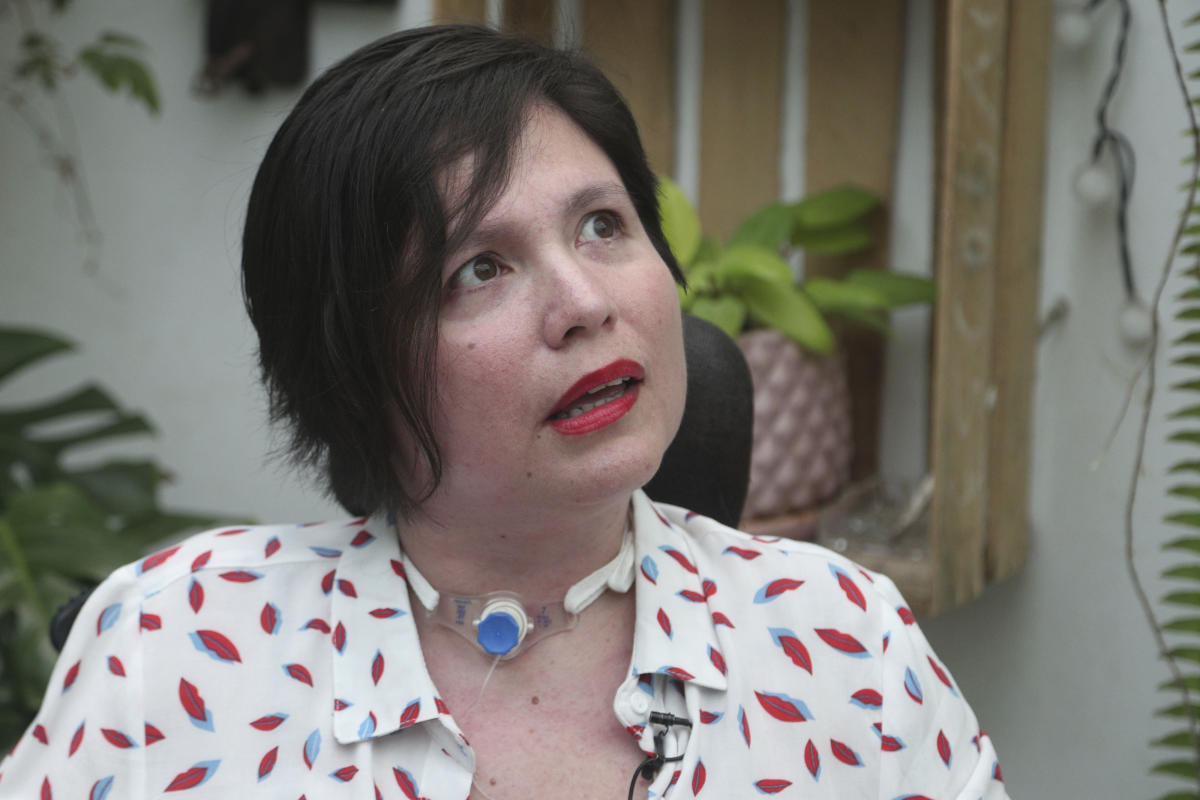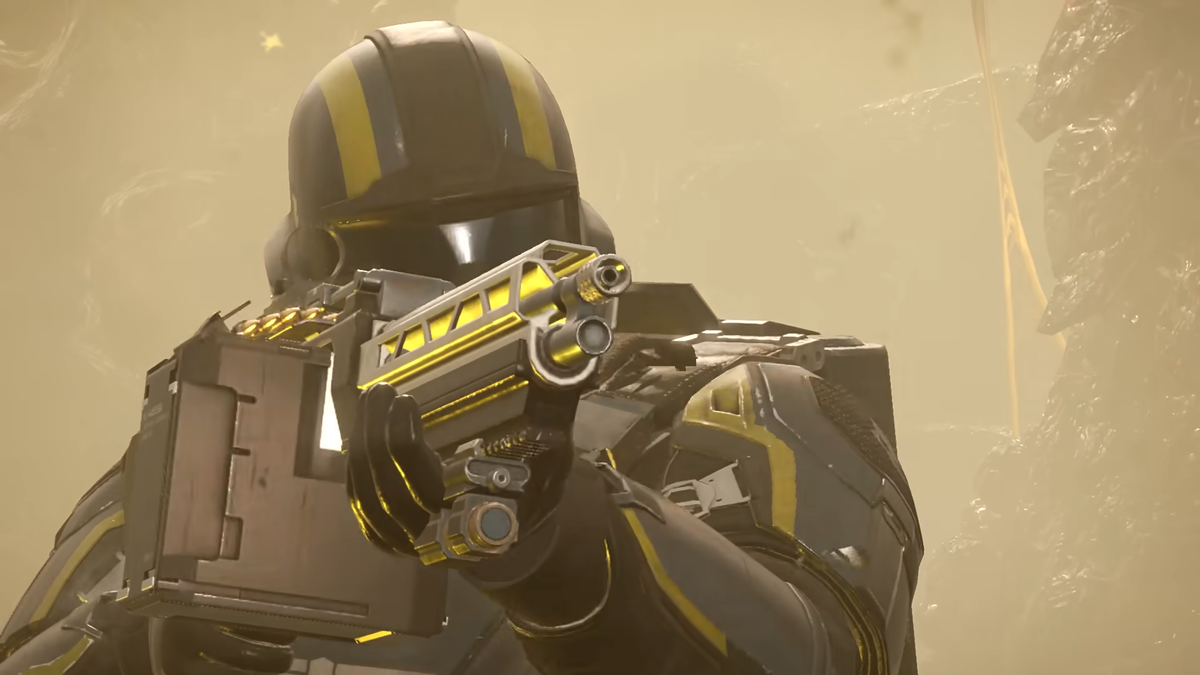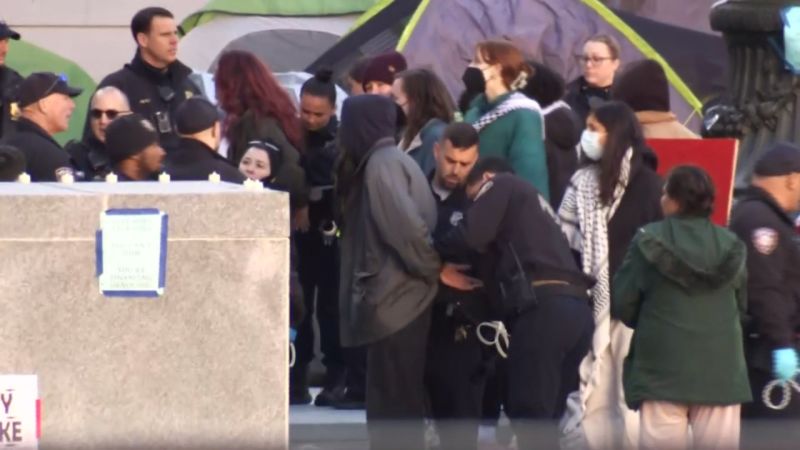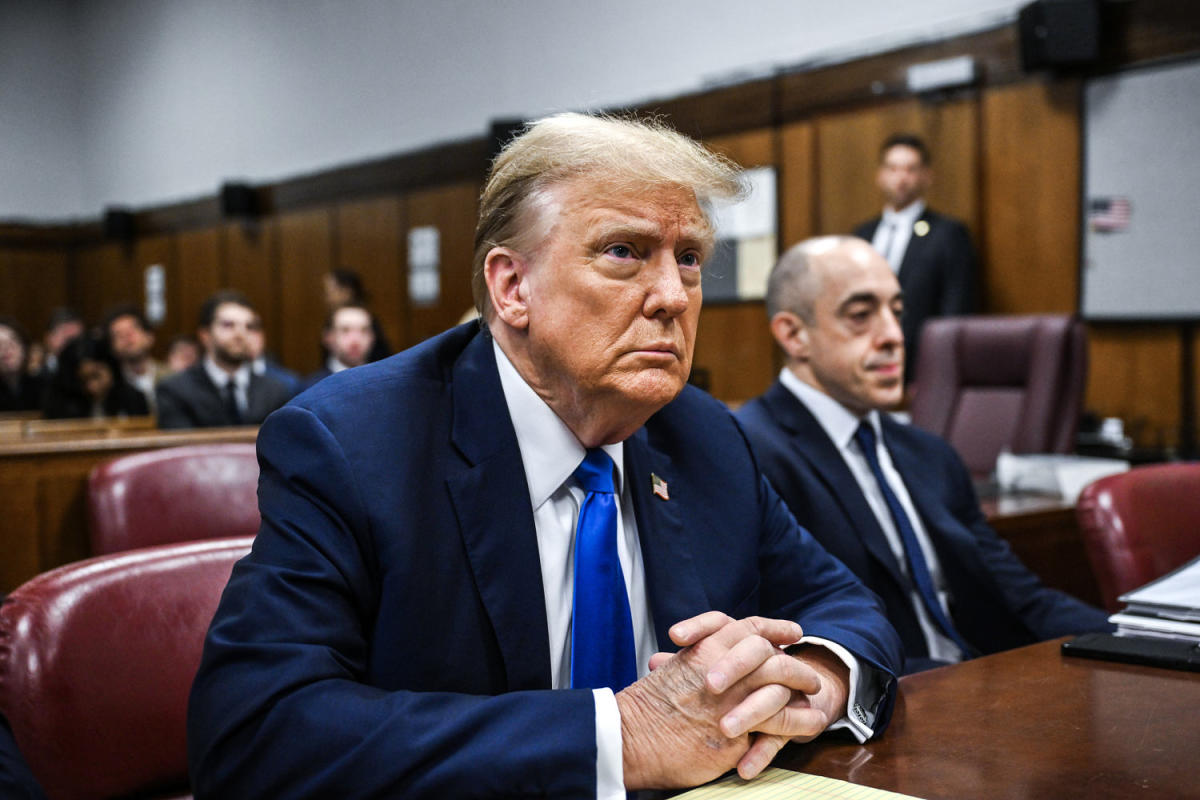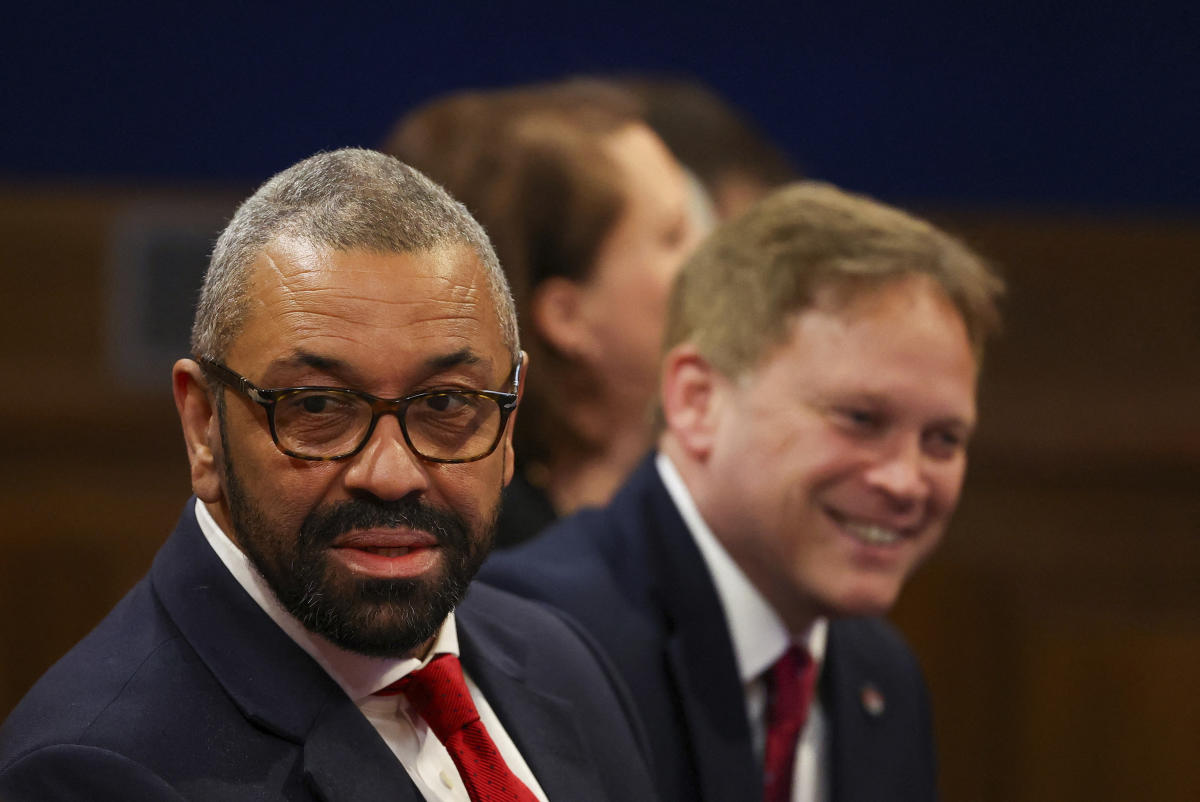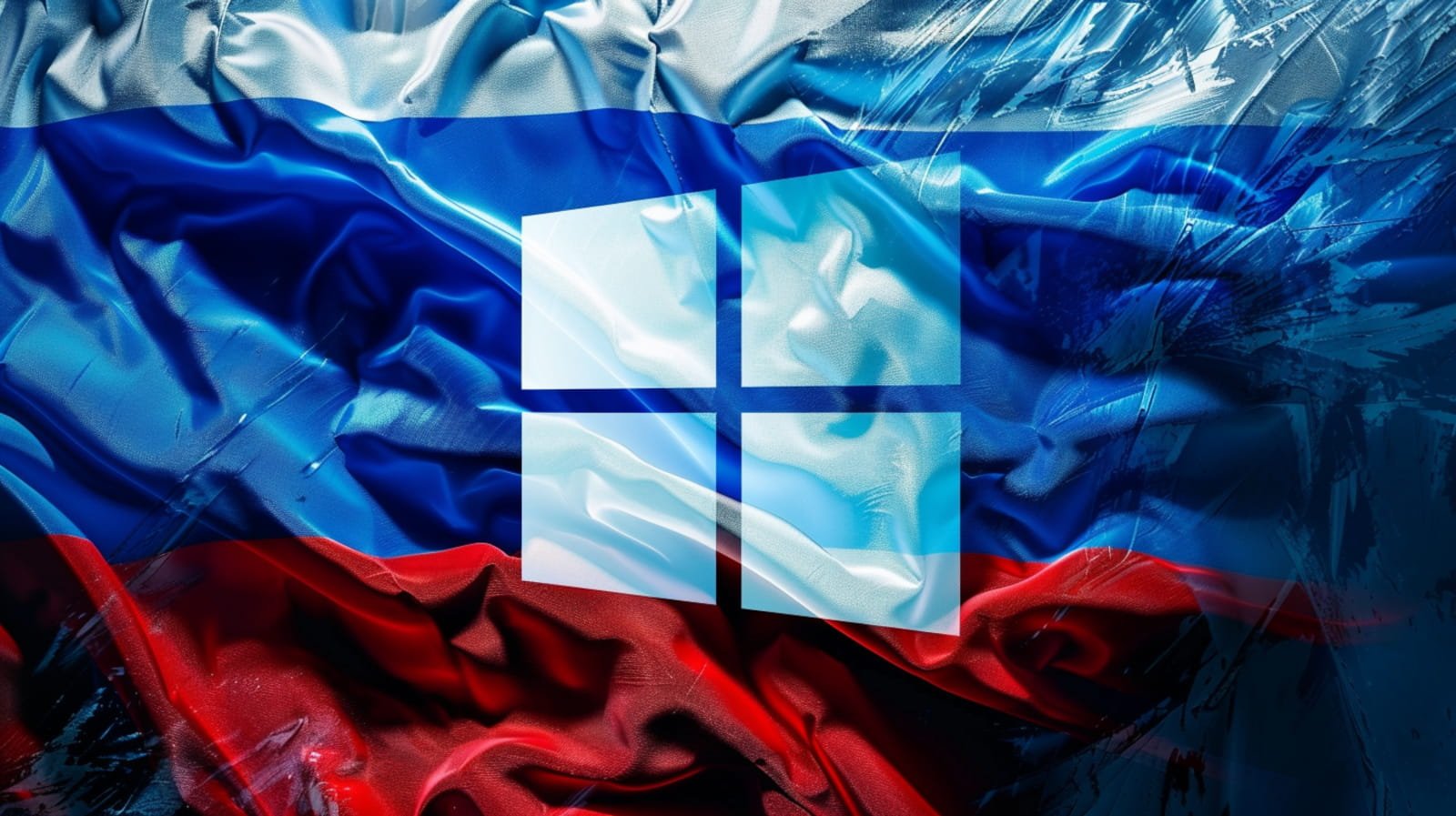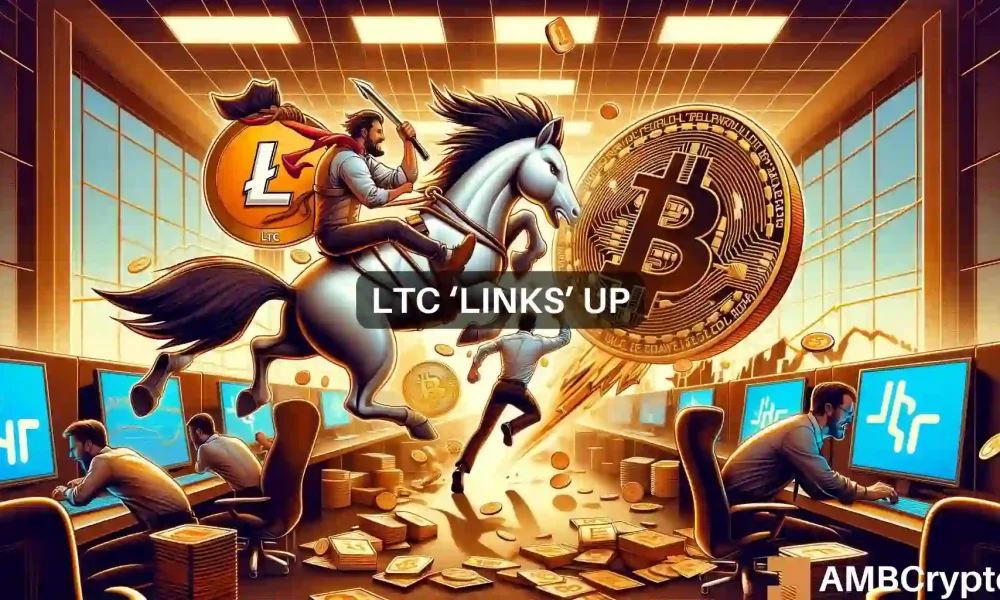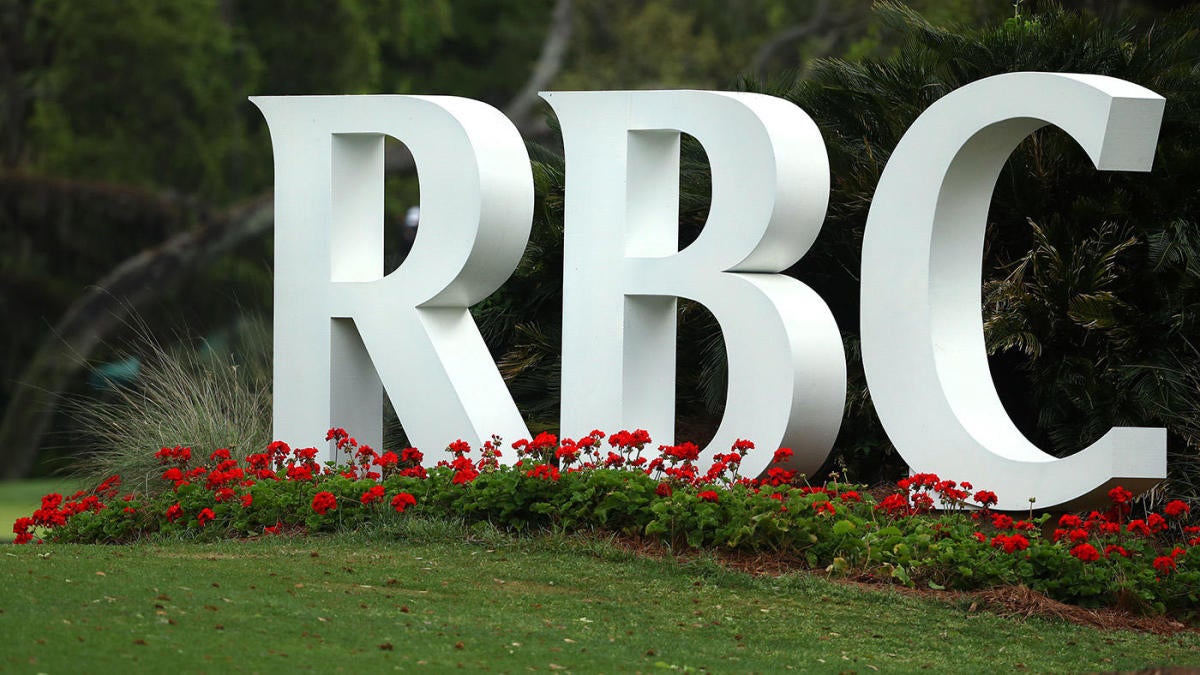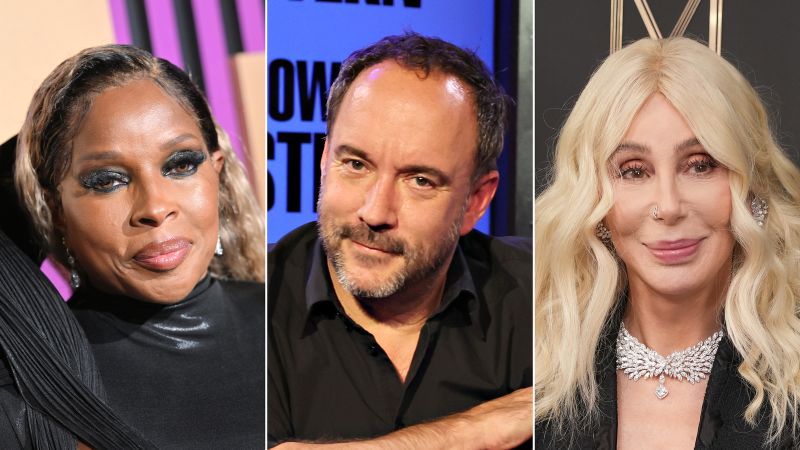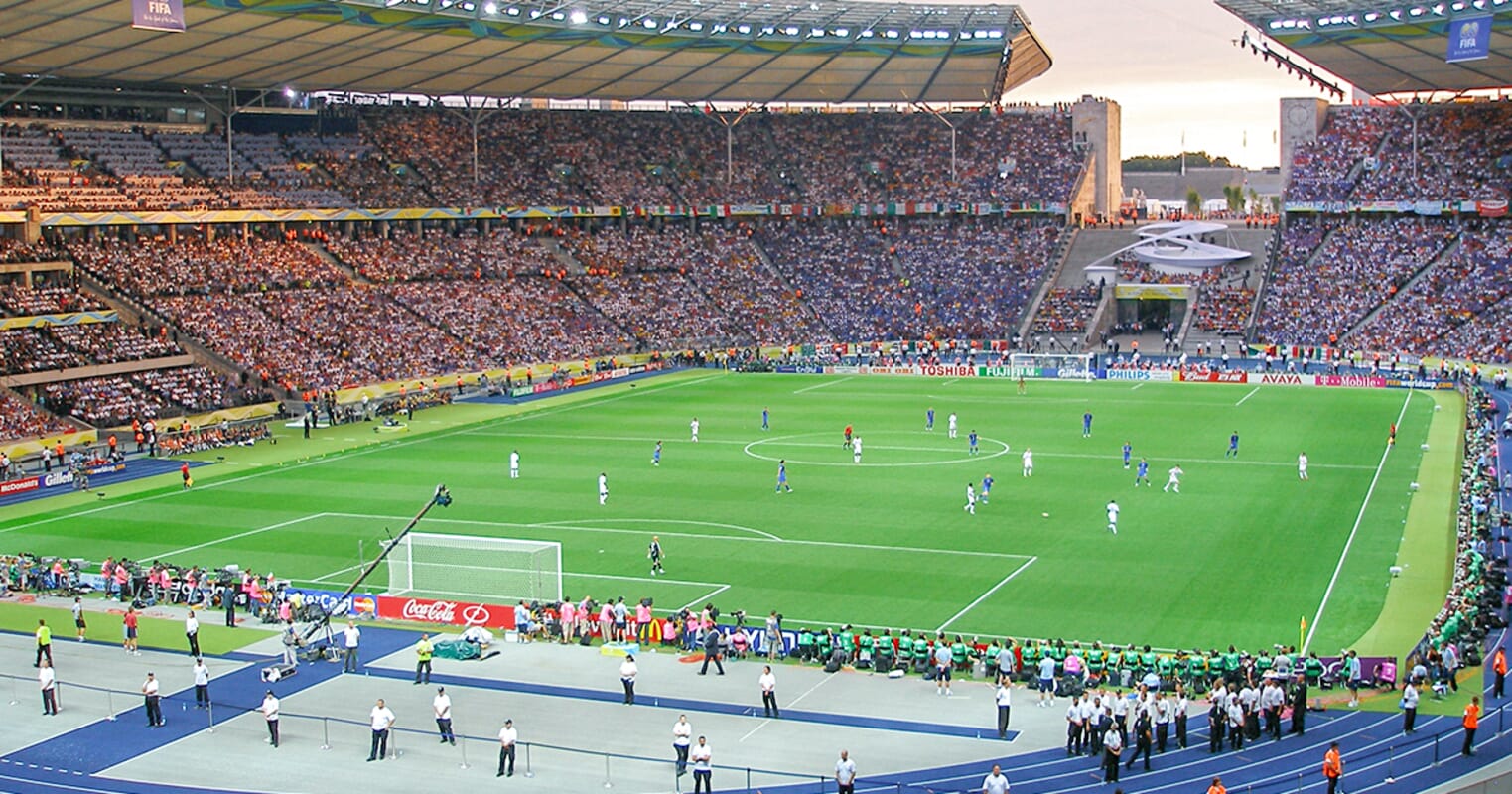LifeStyle
Do women make better physicians? New study finds patients with female doctors have a lower risk of death and hospital readmission rates.
NASA officially greenlights $3.35 billion mission to Saturn’s moon Titan
Science
Enlarge / Artist’s illustration of Dragonfly soaring over the dunes of Titan. NASA has formally approved the robotic Dragonfly mission for full …
Concern grows as bird flu spreads further in US cows: 32 herds in 8 states
Health
Enlarge / Greylag geese sit on a field and rest while a cow passes by in the background. Researchers around the world …
At least 45 pro-Palestinian protesters are arrested at Yale University as rallies spread to more campuses Monday
U.S.
WSFB Police arrest protesters Monday at Yale University, one of several schools where students are rallying against Israel’s handling of its war …
Trump perks up as testimony begins in hush money trial
Politics
No one will ever accuse former President Donald Trump of being woke. But over a few hours Monday, he transformed from a …
You’re probably throwing away these food scraps. Here’s why eating them is good for you and the environment.
LifeStyle
Between 30% and 40% of America’s food supply goes to waste — literally is thrown away — each year, according to the …
UK home secretary to visit Italy to discuss stopping migrants arriving on boats
World
LONDON (AP) — Britain’s Home Secretary, James Cleverly, is visiting Italy as part of the U.K. government’s efforts to crack down on …
APT28 hackers exploit Windows flaw reported by NSA
Technology
Microsoft warns that the Russian APT28 threat group exploits a Windows Print Spooler vulnerability to escalate privileges and steal credentials and data …
Bitcoin halving aftermath: LTC, LINK emerge as investor favorites
Business
Crypto investment products saw outflows worth $206 million. LTC and LINK outperformed Bitcoin because of the halving and interest rate speculation. A …

